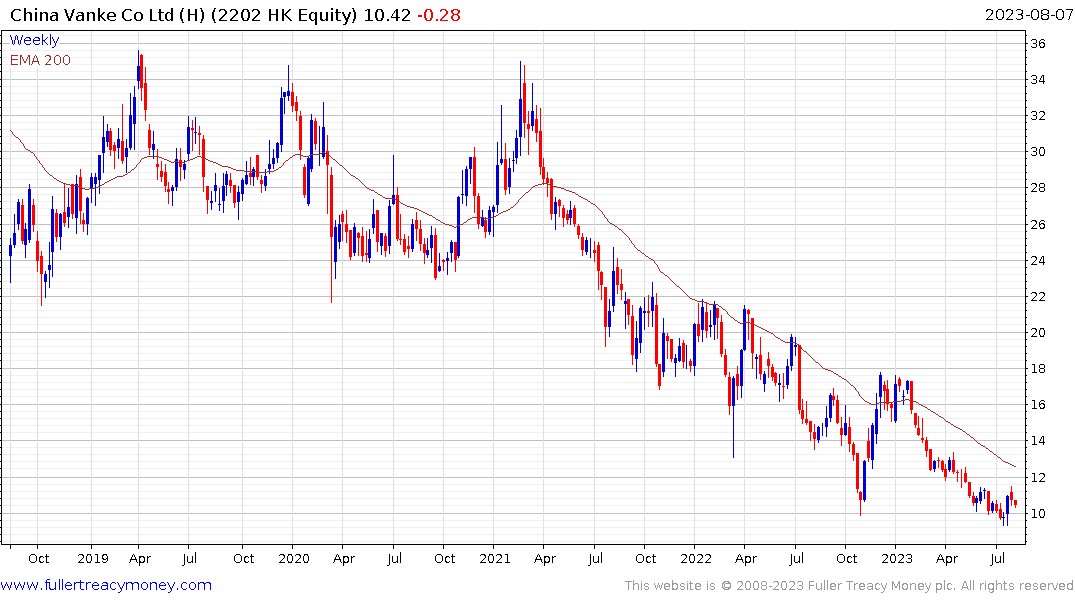Earthquake in East China Injures 21, Wrecks 126 Buildings
This article from Bloomberg may be of interest. Here is a section:
A 5.5-magnitude earthquake that hit the Eastern Chinese province of Shandong in the early hours of Sunday caused the collapse of 126 buildings and injured at least 21 people, according to early reports from state media.
The quake struck the county of Pingyuan in the Dezhou city at 2:33am Sunday, Xinhua News Agency reported. No leaks were found in oil and gas pipelines and power supply was normal, the report said.
State-run CCTV later said the quake may have had a maximum magnitude of 7 at a depth of 10 kilometers and warned that there may be more casualties, citing data from the China Earthquake Administration.
The slew of natural disasters in China over the last week, from record floods to earthquakes, offers ample scope for the government to change course and provide the fiscal stimulus the economy needs. How China decides to deal with the slowdown in the property sector will have global repercussions.
Here is a section from an article by Matthews Asia which may be of interest:
We finally saw that in July. The CCP Central Committee (the senior Party leaders) and the State Council (the top arm of the government) issued a joint statement on “promoting the development and growth of the private economy.” An official explained that there is “an urgent need” to address the problems facing private firms, and the document is intended to “boost confidence in the outlook for the private economy.” The document, which serves as guidance for central and local officials, describes the private sector as “a driving force behind promoting the Chinese path to modernization,” and states that the Party and government want to “promote a bigger, better and stronger private sector.” The document says Xi’s administration will support private firm research into “cutting-edge technology” and “support platform companies to excel in creating jobs.” The document also calls for “an atmosphere that encourages innovation and tolerates failure” and “enhances the sense of honor and social value of entrepreneurs.”
That was followed a few days later by a meeting of the top 24 members of the Central Committee, who reiterated support for entrepreneurs and platform companies. The Politburo acknowledged that China’s post-COVID economic recovery had been “torturous,” and declared that the Party would be taking steps to “promote private investment” and “invigorate capital markets and boost investor confidence.” The Party leaders said they want to support “healthy and sustainable development of platform companies,” and “encourage enterprises to dare to venture, dare to invest, dare to take risks, and actively create markets.”
China has the most expensive residential property relative to domestic incomes in the world. That has been achieved because fortunes have been made through recycling government contracts into property development. The Chinese proclivity to have faith in land value is also a factor.
Unwinding the leverage in the system is increasingly viewed by the administration as essential to the long-term success of the country. That implies the size of any stimulus will not be as large as in the past. The diminishing return on investment implies it will need to be even larger to achieve the goal of supporting growth. Both conclusions can’t be correct.

China Vanke is still weak and pulling back from the recent short-term rebound. There are many arguments surrounding the outlook for Chinese stimulus but it is almost inconceivable that will occur without first seeing strength in the largest state backed property company.


